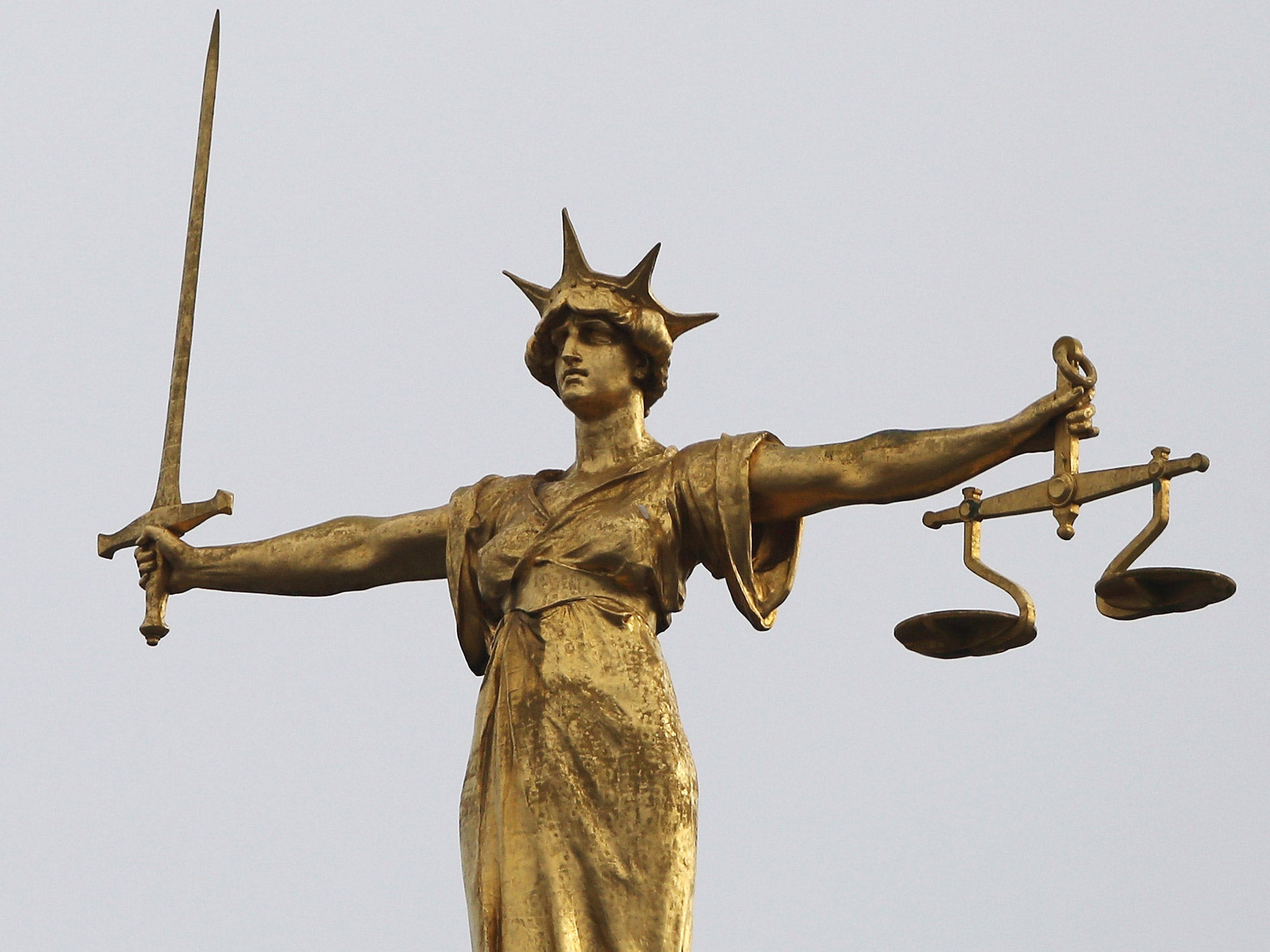UK courtrooms do not reflect diversity of the communities they serve, judge says
Judge Wendy Joseph QC says schools and policymakers should do more to make judiciary more diverse

Schools and policymakers have a responsibility to address the lack of diversity in the judiciary to better reflect society as a whole, a top judge has said.
The UK’s “white, middle-class, middle-aged, male” courtrooms do not represent the diverse communities they are supposed to serve, Judge Wendy Joseph QC said, emphasising her strong desire for “change”.
Judge Joseph made the comments to a group of sixth-form students from herformer school, Cathays High in Cardiff, who travelled to the Central Criminal Court in London this week.
Students were given the opportunity to watch a case of manslaughter by gross negligence and to have a tour of the historic Old Bailey before a question and answer session with the judge.
The event was arranged with the charity Future First, which seeks to build alumni communities and improve careers advice in state schools in hopes of increasing social mobility. As one of over 100 Diversity and Community Relations judges across England and Wales, Judge Joseph is on a mission to engage with under-represented groups in society, particularly women and ethnic minorities.
“Since the judiciary serves the public, in some way it ought to reflect the diversity of the public,” Judge Joseph told her visitors over tea and biscuits. “Obviously a white, middle-class, middle-aged, male judiciary does not reflect the community which we serve.”
Reflecting on the lack of careers advice she received when she was a student, Judge Joseph argued that more needs to be done by schools to encourage pupils from a cross-section of society - especially those from disadvantaged backgrounds - to seriously consider a career in law.
“If law isn’t a subject being taught at school where are [pupils] going to pull the idea out from? “I’m sure there are many schools that make sure their kids have really high aspirations but whether they ever talk to them about a particular aspiration in my field - I just don’t know,” Judge Joseph said.
However, she said she had “no doubt” the situation would improve.
“It’s is a hugely broad subject - every one of you would find something in law that interests you,” she added.
“You can be a barrister, you can be a solicitor, you can go to government and draft legislation - I wish someone would go and do it properly. There are hundreds of different things you can do.”
Subscribe to Independent Premium to bookmark this article
Want to bookmark your favourite articles and stories to read or reference later? Start your Independent Premium subscription today.

Join our commenting forum
Join thought-provoking conversations, follow other Independent readers and see their replies